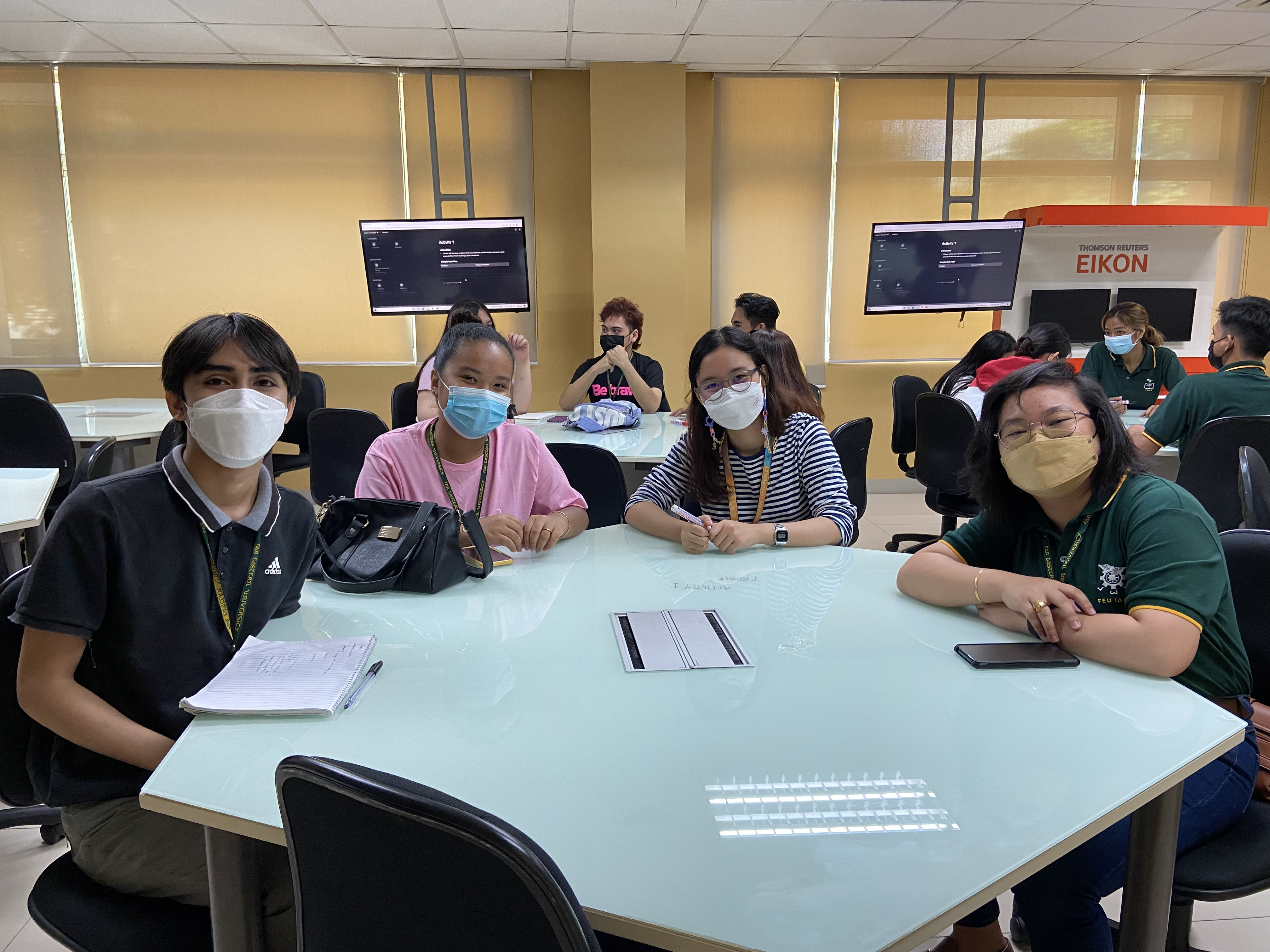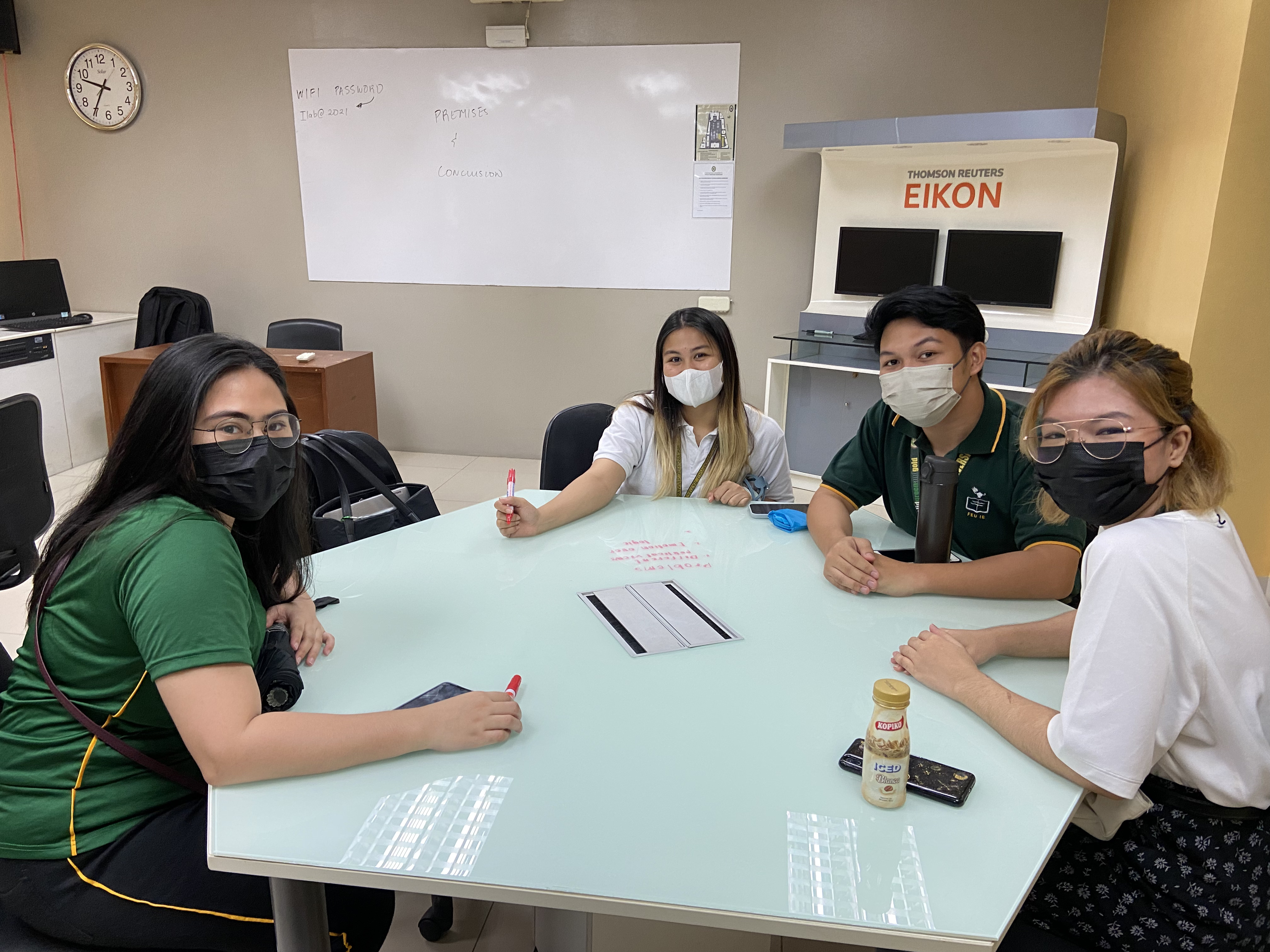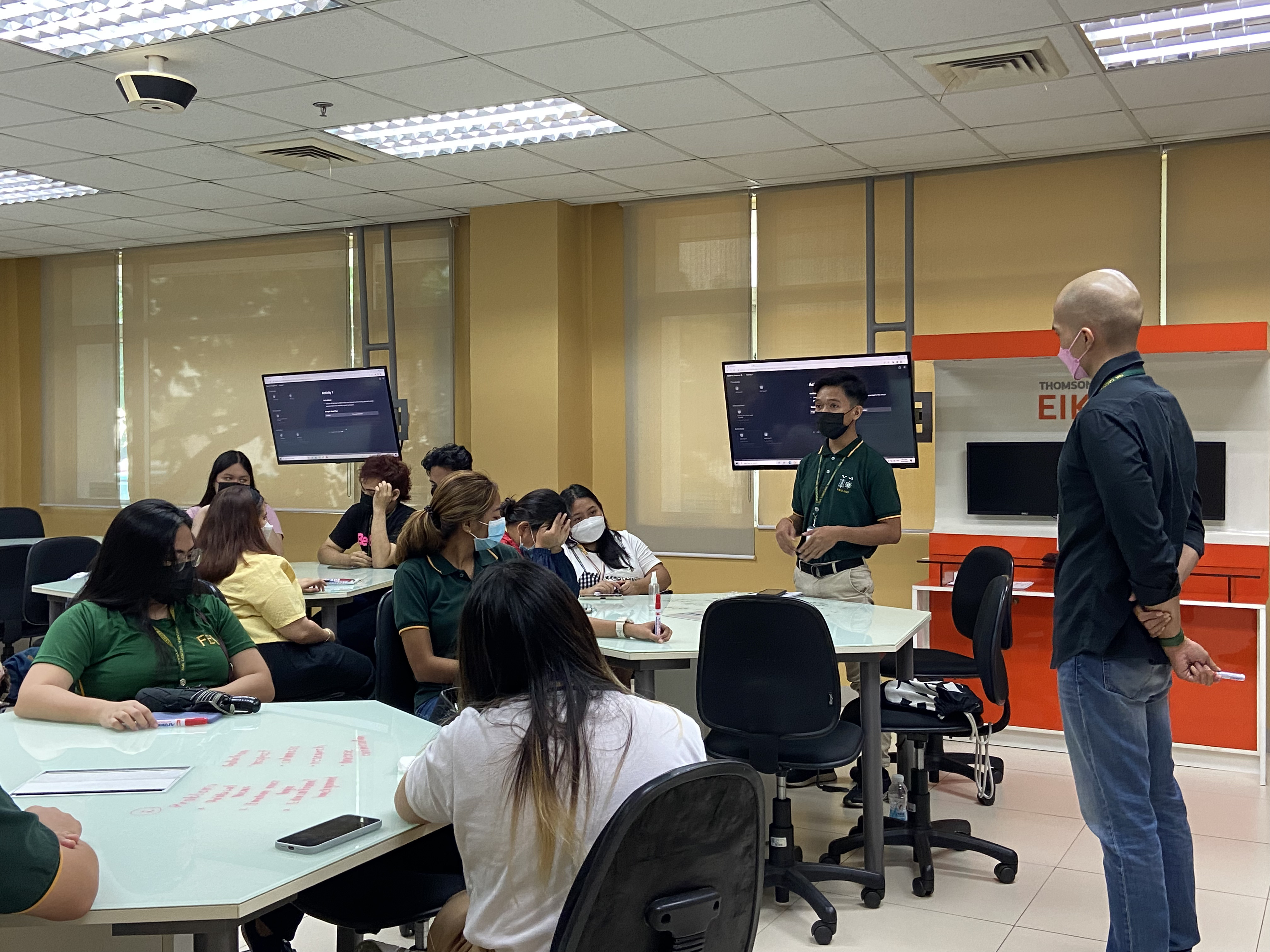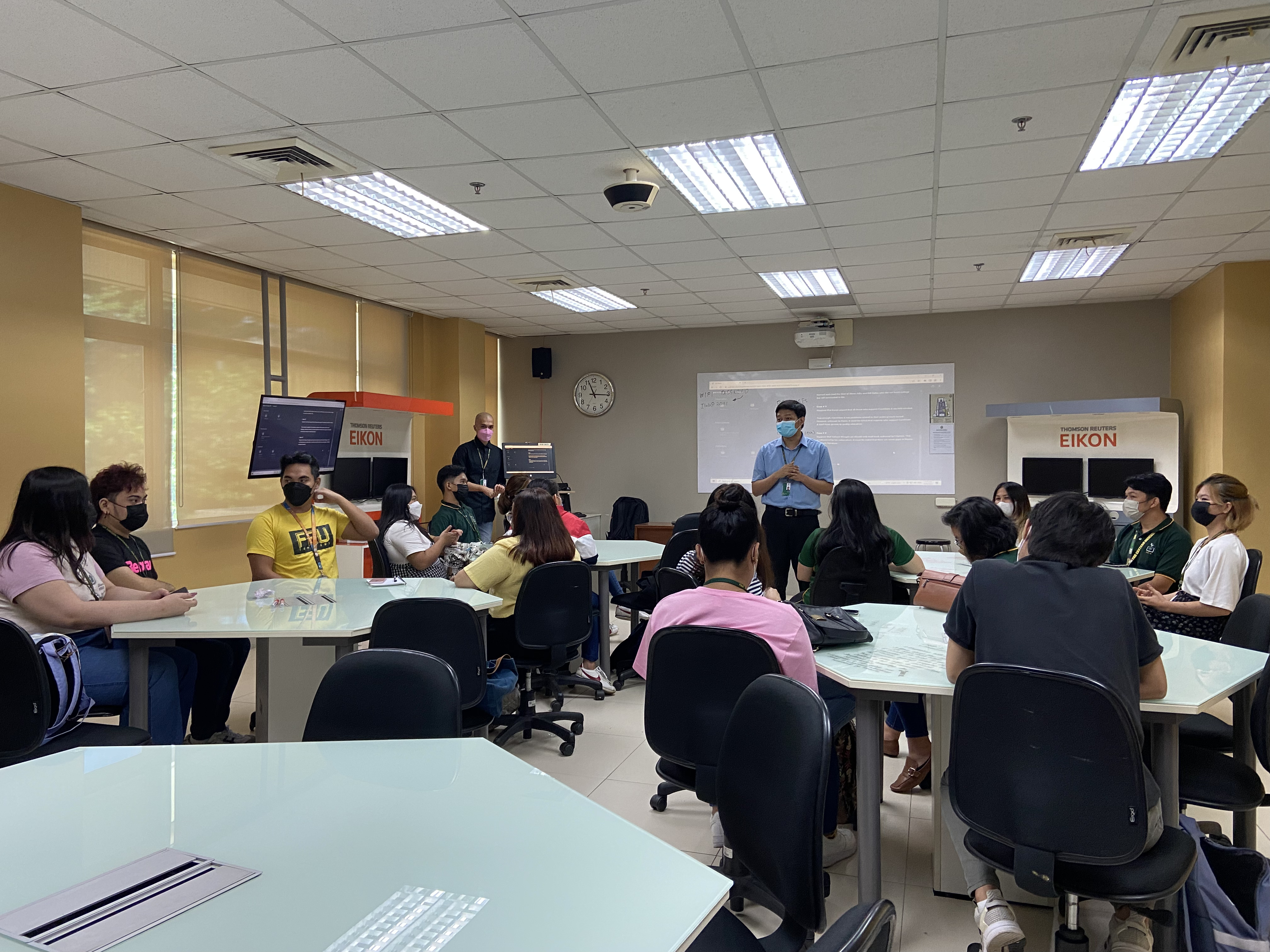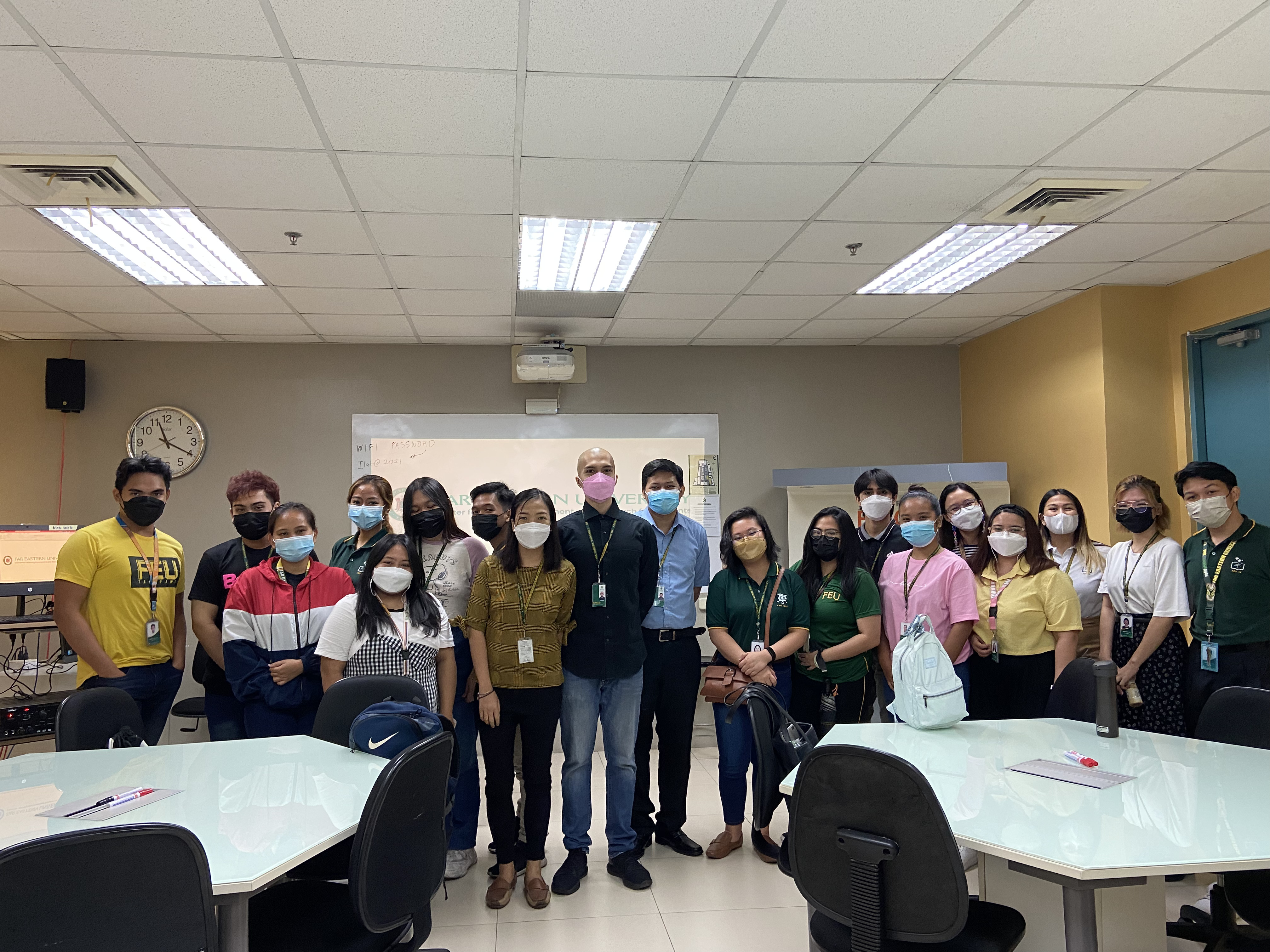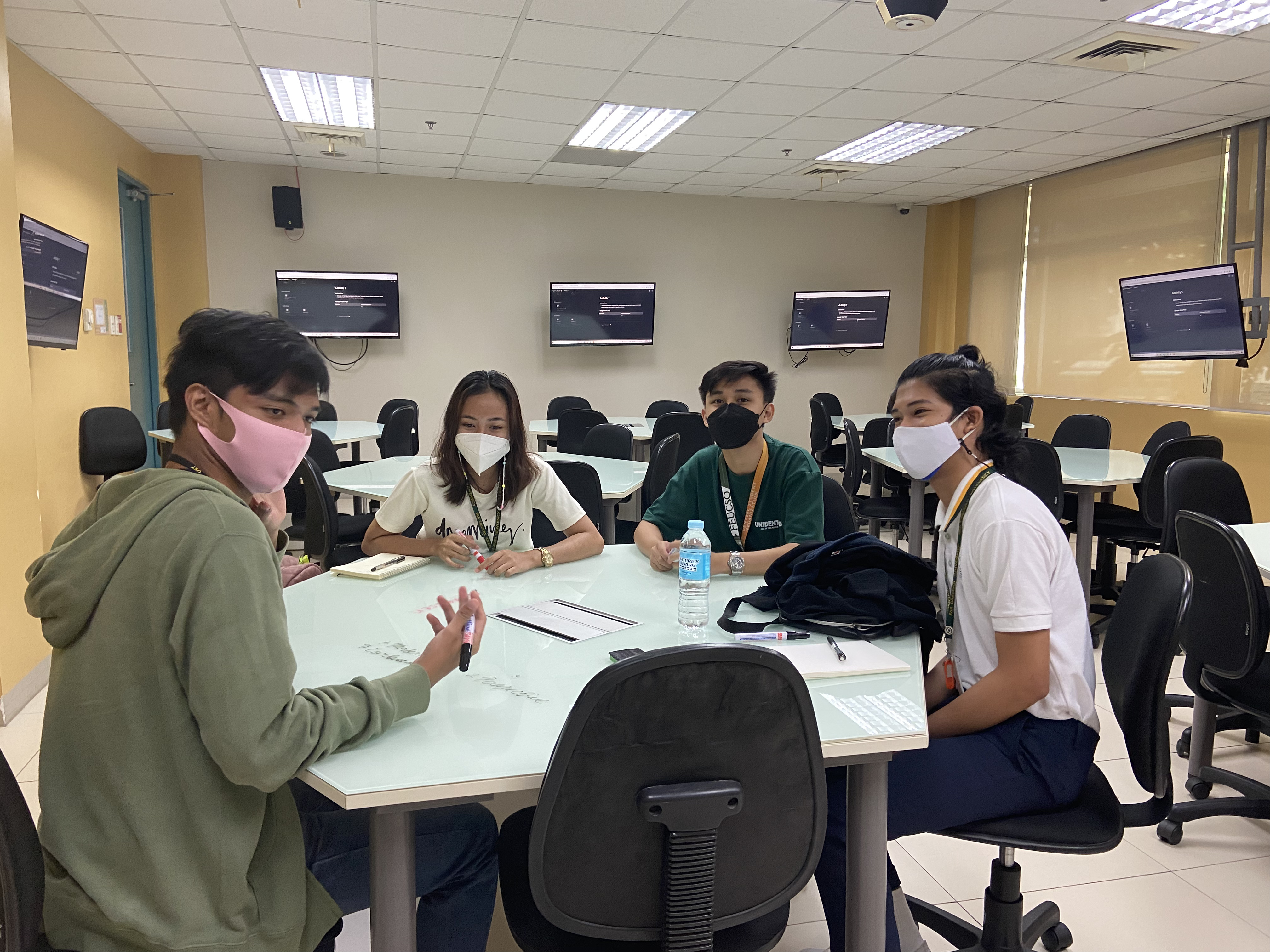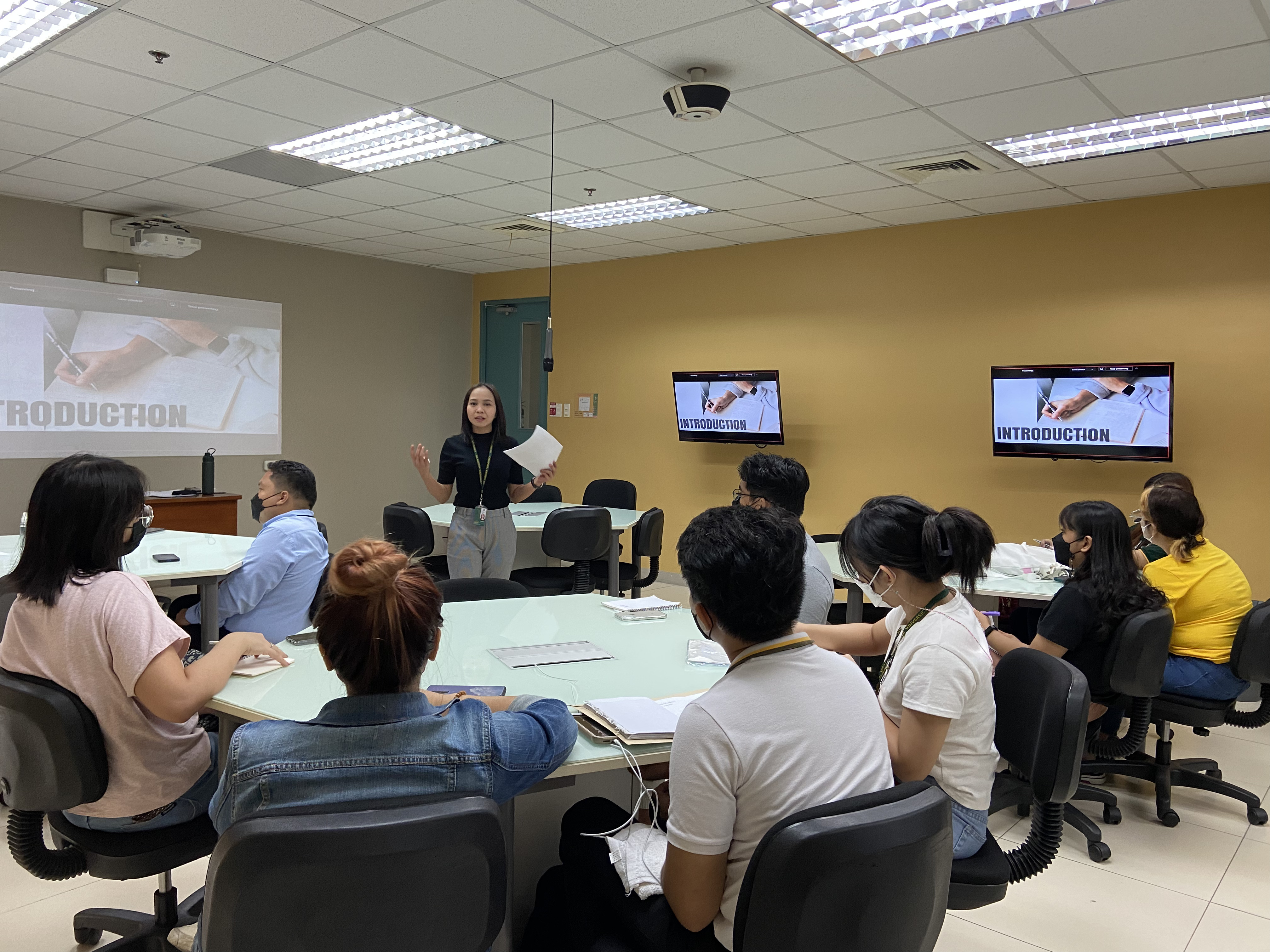Being a facilitator of learning means supporting students to think and practice different thinking skills. This means that teachers in a well-managed classroom provoke students to think by designing the learning environment and asking simple to complex questions or close-ended to open-ended questions. It is also important to note that this task of the teacher should be more on a formative mode rather than evaluative mode. That is, the teacher probe students’ answers by asking them questions about their reasons, evidence, and implications of their ideas.
Facilitating learning requires the creation of learning environments where students can self-discover and co-construct knowledge. This involves planning of teaching and learning activities that will encourage students to build their schema and deepen it through collaboration and/or interaction with the materials and with others. Such instructional design in principle should also teach students how to take control of their learning as responsibility to gain knowledge is not solely attributed to the teacher lecturing concepts but to the students reading and studying the materials and synthesizing information as they do interactive activities.
To deepen understanding during teaching-learning activities, teachers probe students’ responses by asking open-ended questions or through Socratic questioning. Students’ responses are gateways of their understanding. Thus, teachers ask questions that may require students to explain how they came up with their answers, respond to a critique or opposition of their ideas, state implications, and cite pieces of evidence to support their answers. Further, the teacher provides opportunities for other students to ask questions as well to their classmates and to the teacher.
